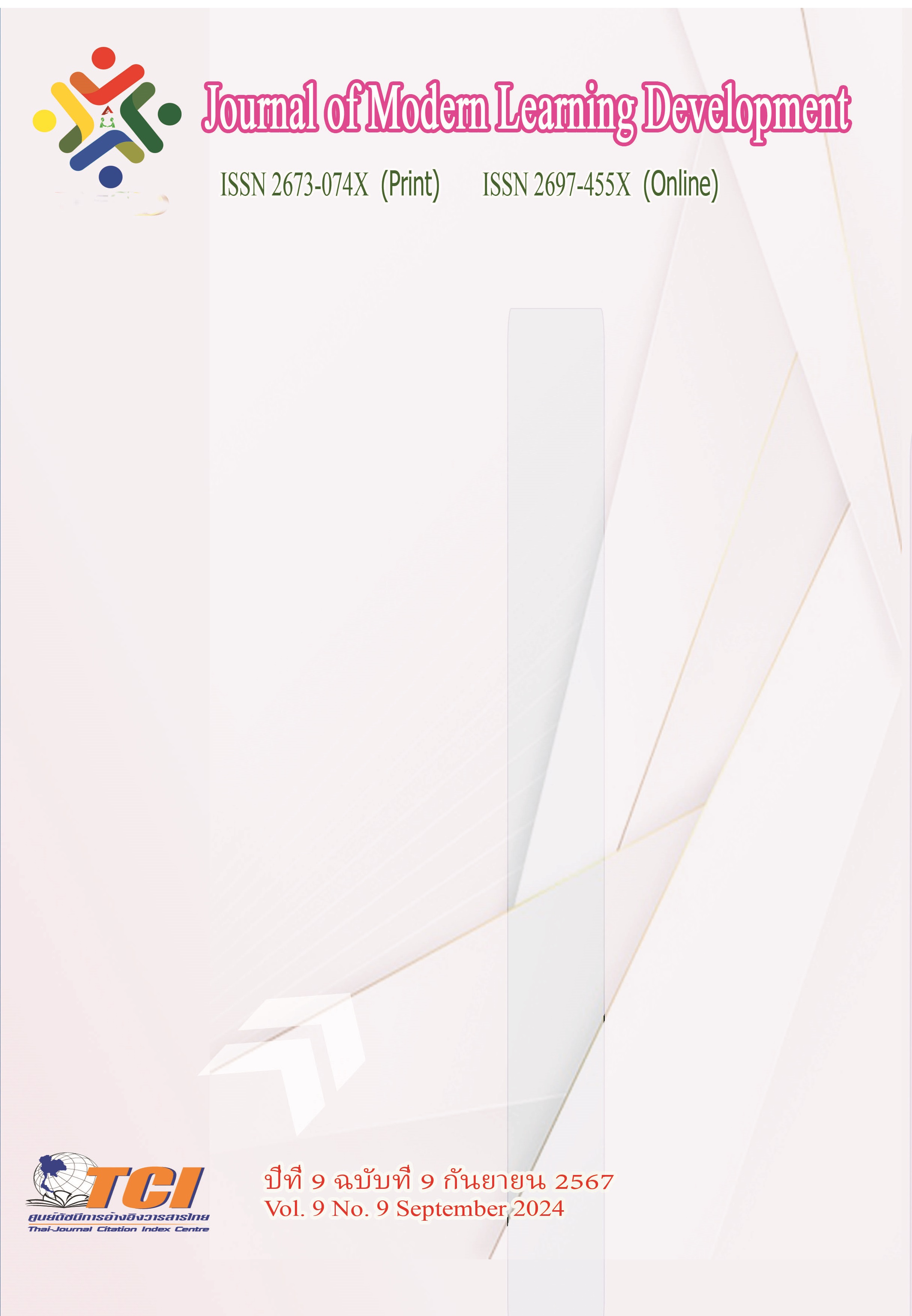The Research on the Influencing Factors of Educational Belief Formation Among Teachers in Private Colleges and Universities
Main Article Content
Abstract
In recent years, due to the complexity of their work, teachers in private colleges and universities have become perfunctory towards their jobs, which has severely impacted the quality of education and teaching in these institutions. Improving the quality of talent cultivation in private colleges and universities requires starting with the teachers themselves. Educational beliefs have a significant explicit or implicit effect on teachers' words and actions, influencing their teaching behavior and practices. This study conducted in-depth interviews with 10 teachers from private colleges and universities and used systematic grounded theory to code, organize, and analyze the interview materials.
The findings reveal that the formation of educational beliefs in private colleges and universities is closely related to personal life history, with factors such as the personal growth environment, "significant others," and "key events" affecting the formation of these beliefs. This research helps teachers in private colleges and universities deepen their self-understanding of teaching beliefs, actively reflect on the process of forming their teaching beliefs, proactively explore significant others who have a positive impact on them, and continuously pay attention to the interpretation of the significance of "key events." This can lead to improvements in their teaching behavior and promote their professional development.
Article Details
References
Furinghetti, F., & Pehkonen, E. (2002). Rethinking characterizations of beliefs. In Beliefs: A hidden variable in mathematics education? Dordrecht: Springer.
Glaser, B. G., & Strauss, A. L. (1967). The discovery of grounded theory: Strategies for qualitative research. Aldine.
Hamill, R., Wilson, T. D., & Nisbett, R. E. (1980). Insensitivity to sample bias: Generalizing from atypical cases. Journal of Personality and Social Psychology. 39 (4), 578-589.
Jiang, Y. (2015). A study on the formation and reconstruction of the educational beliefs of primary and secondary school teachers in China. Jinzhou: Bohai University.
Ju, Y. C. (2001). The beliefs and training of teachers. Chinese Adult Education. (11), 61.
Kagan, D. M. (1992). Implication of research on teacher belief. Educational Psychologist. 27 (1), 65-90.
King, P. M., & Kitchener, K. S. (1994). Developing reflective judgment: Understanding and promoting intellectual growth and critical thinking in adolescents and adults. San Francisco: Jossey-Bass.
Lü, G. G. (2004). Research on teacher beliefs and their influencing factors. Lanzhou: Northwest Normal University.
Mead, G. H. (1934). Mind, self, and society from the standpoint of a social behaviorist. Chicago: University of Chicago Press.
Pajares, M. F. (1992). Teachers' beliefs and educational research: Cleaning up a messy construct. Review of Educational Research. 62 (3), 307-332.
Richardson, V. (2002). Handbook of research on teaching. Washington, D.C.: American Educational Research Association.
Richards, J. C., & Lockhart, C. (1994). Reflective teaching in second language classrooms. New York: Cambridge University Press.
Strauss, A., & Corbin, J. (1990). Basics of Qualitative Research: Techniques and Procedures for Developing Grounded Theory (2nd ed.). Sage Publications.
Xin, T., & Shen, J. L. (1999). On teachers' educational concepts. Journal of Beijing Normal University (Social Sciences). (1), 14-19.


